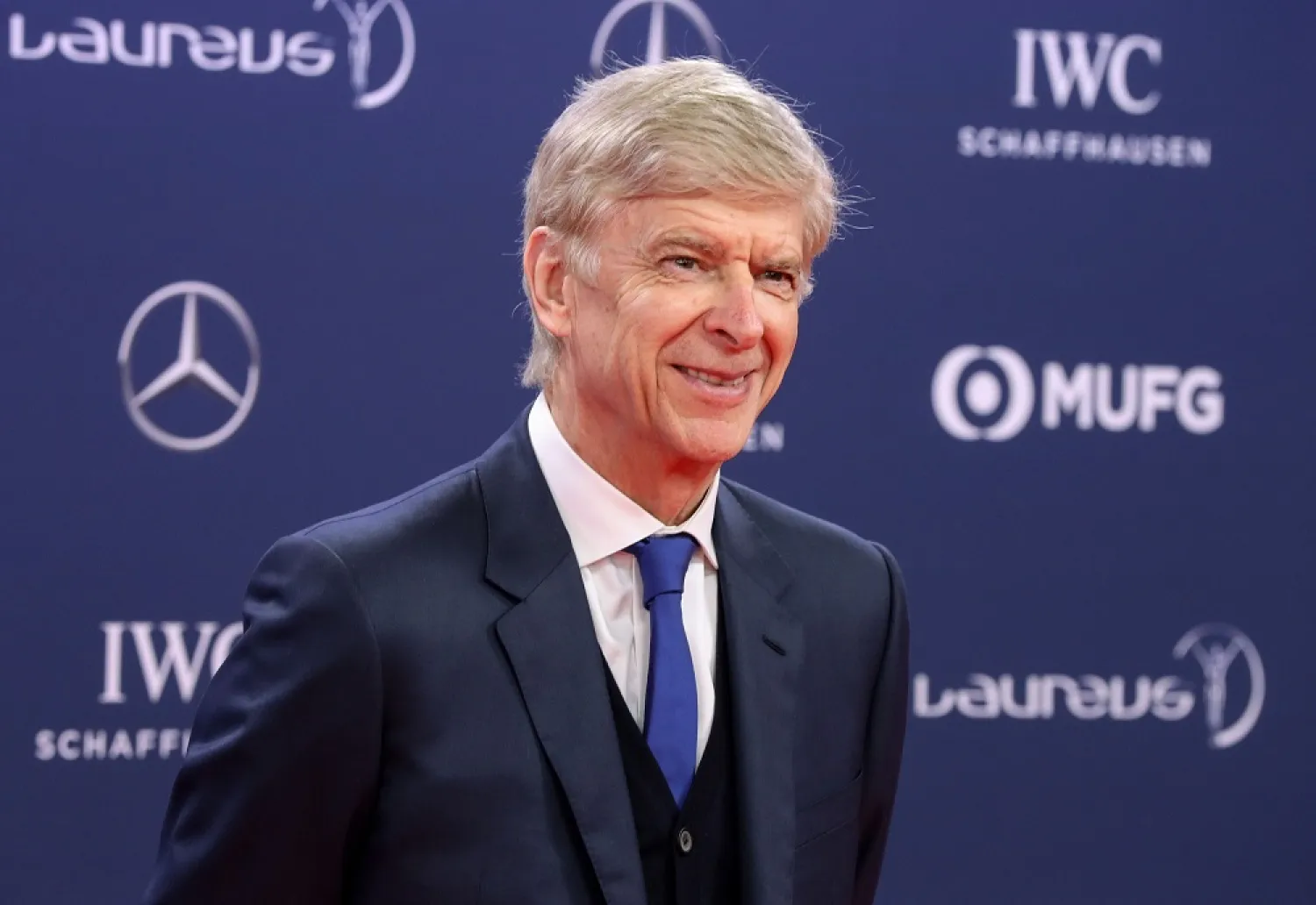When Arsene Wenger bade farewell to Arsenal with a theatrical bow after four uninterrupted decades in management, he could barely imagine a day away from what he describes as “the heat”. Now, after a year breathing cooler air, he is asking himself the question of what he really wants to do with his football obsession. There was never going to be a complete exit. Football still occupies him, enthralls him, keeps him in its unrelenting grip.
Waking one morning last May to begin the process of reinventing himself, to an extent reacquainting himself with the world away from the furnace, was less of a shock than he expected. “It is not so difficult because for all of us in life you have competition with others, and competition with yourself. My toughest one was with myself. Even now what is interesting is my basic question: what is my next level? I feel I will live with that as long as I am on earth. That will not change.”
The level he has found over this past year has been surprisingly enjoyable. “I read a lot, do a lot of different sports, daily, so that occupies me. I run 8-10 km a day. I traveled a lot. I did a lot of game observation, charity, many conferences on football, on management, on motivation, on the meaning of life. I personally don’t know what it means … I am always under stress a little bit but what was good is I don’t have to get up or if I have an interesting lunch I don’t have to leave because I have a commitment. I discovered that freedom of time in front of you. It is a good feeling.”
In those last few days of management he was worried about how he would fill his time and it turns out that a looser diary has been in its own way liberating. He was not sure it would work out that way. “I was in front of the unknown so you never know how you will respond to that situation,” he says. “I started at 29 as a manager and I never stopped until I was 69, so that is 40 years. At first I thought: ‘Do I go straight back into that heat again?’ It is not so much the heat but once you go in there, there is nothing else. So I thought let’s take a bit of time.”
The freedom to pause and look around and the variety of engagements he chooses have recharged him. Notably, though, most of it is still deeply connected to football. This week he played against Kylian Mbappé at a charity event for ill children in Paris (he is quick to note he won). The next day in London he announced his investment in a new sports data device, PlayerMaker, which he believes is a great advancement in sports science.
It is a part of the game that has fascinated him for years, since he was manager of Monaco. “I worked on performance ratings in 1987-88 with friends of mine on computers. We worked day and night to measure performances of players,” he recalls. “We were 20 years ahead at the time. We made some good improvements to judge players, we discovered some players who were not really stars and became good players after.
“Football was for a long time isolated from science. Not interested. Today science has taken over. Maybe because the managers are under so much pressure, the science wants to predict the next performance of the player and when you have to rest the players.” PlayerMaker is a chip that is attached to the boot on a silicone strap and can take a more sophisticated set of measurements than its predecessors.
“I invested in this company; I’m not just here for an advert,” he says. “I’ve put my money in. Why? Because I think it’s the most accurate system that I’ve seen and the least disturbing. The system we had until now was you put your equipment around your chest. I’ve seen many players throw them away during games and training. I believe that science can help us to understand the world around us. Objective measurements can make us stronger when it’s well used. Basically you cannot cheat any more when you practice. When I played you had some players who would go in the forest and hide behind the trees and waited until the rest of the team came back. That’s not possible any more.”
The gold replica of the Premier League trophy to represent Arsenal’s unbeaten title season is one of the few souvenirs Wenger has retained. It is on display at his house. “It is one of the few things I kept because that was, of course, the immaculate season,” he says. This great football mind of our times might not be sure what route he wishes to take next, but what is for sure is that his devotion to the game will not be wasted.
He misses the sharp end, but not all of it. “I do different things, with less intensity. I have a better perspective of what is going on. I see the mistakes managers make,” he pauses for the punchline, “and I don’t pay the price for it.”
The Guardian Sport









